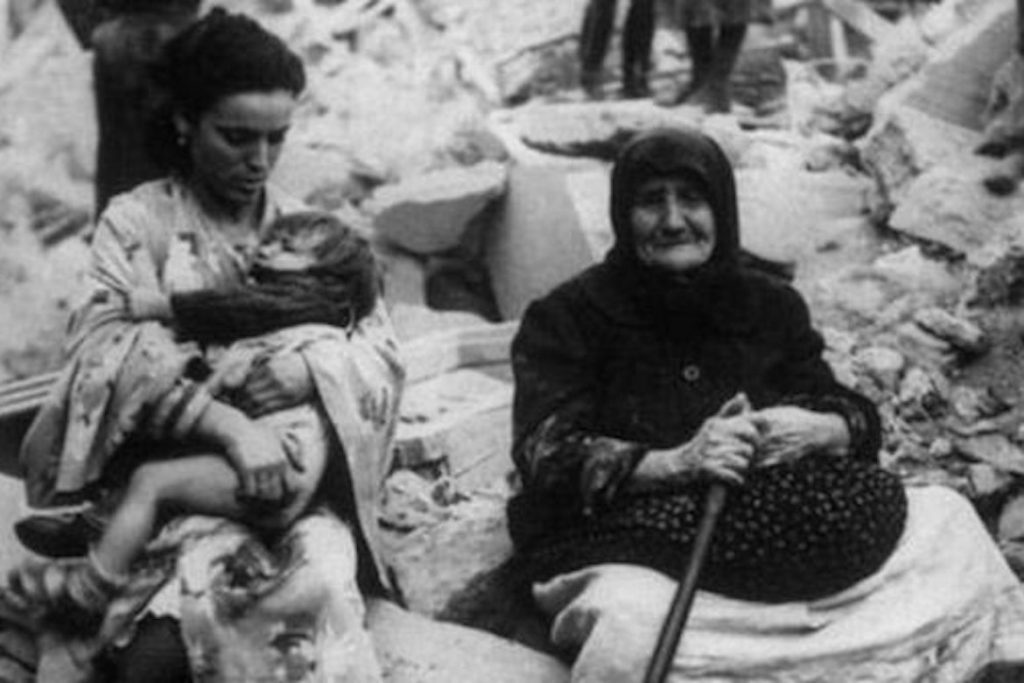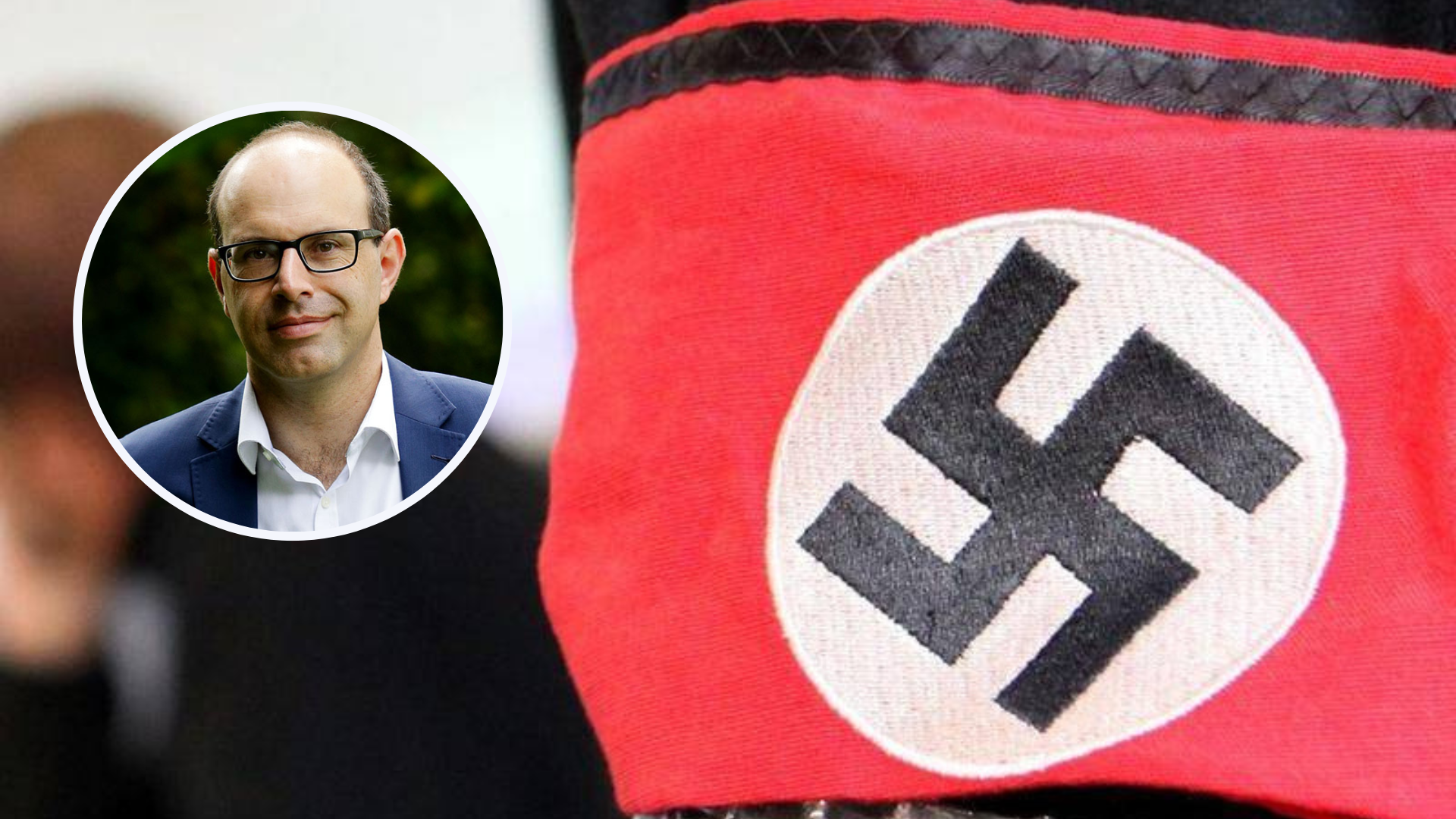The Kalavryta Massacre is forever embedded in the minds of Greek people across the world as one of the darkest moments in modern Greek history.
The massacre saw the near-extermination of the male population and the total destruction of the Greek town of Kalavryta by the Nazi forces during World War Two on December 13, 1943.
Almost 80 years later, this event played an influential role in the decision of Greek Australian Parliamentary Secretary for Wollongong and the Illawarra, Peter Poulos MLC, to take a lead role in the NSW Government’s push to ban the public display of Nazi symbols without a reasonable excuse across the state.
Speaking before the NSW Legislative Council earlier this month, Mr Poulos detailed how his dad witnessed “some of the most reprehensible acts on display by the Nazi regime” at Kalavryta during WWII.

“There were a number of villages in close proximity to that town [Kalavryta]. My dad as a little boy witnessed Nazi soldiers entering the village looking for males to round up. In his set of circumstances, they were unsuccessful,” Mr Poulos explained.
“To be able to reflect on the meaning of the symbol, to know someone so close to me personally who recognised what it signified and to identify that in a town nearby occurred one of the worst episodes within occupied Greece of the extermination of practically an entire male population, is noted but not forgotten.”
Mr Poulos also touched on the “strong historic links” between Greece and the Jewish community, and their unjust treatment at the hands of the Nazi regime.
“That community has basically been eradicated from Greece as a result of the most reprehensible course in human history,” he said.

“I pass on my strong sympathies to the Jewish community, who experienced that first-hand or through the relayed experiences of those who are no longer with us.”
Ultimately, in a historic moment for NSW, a new law making it a criminal offence to knowingly display a Nazi symbol in public without a reasonable excuse passed Parliament on August 11.
At the time, the NSW Minister for Multiculturalism, Mark Coure, said the passing of the Bill was a victory for the rich multicultural society of the state.
“This Bill shows that our Government stands against the Nazi symbol and the hateful ideology it represents,” Mr Coure said.
The new offence in the Crimes Act 1900 will carry a maximum penalty of 12 months’ imprisonment or a $11,000 fine or both for an individual; or a fine of $55,000 for a corporation.

